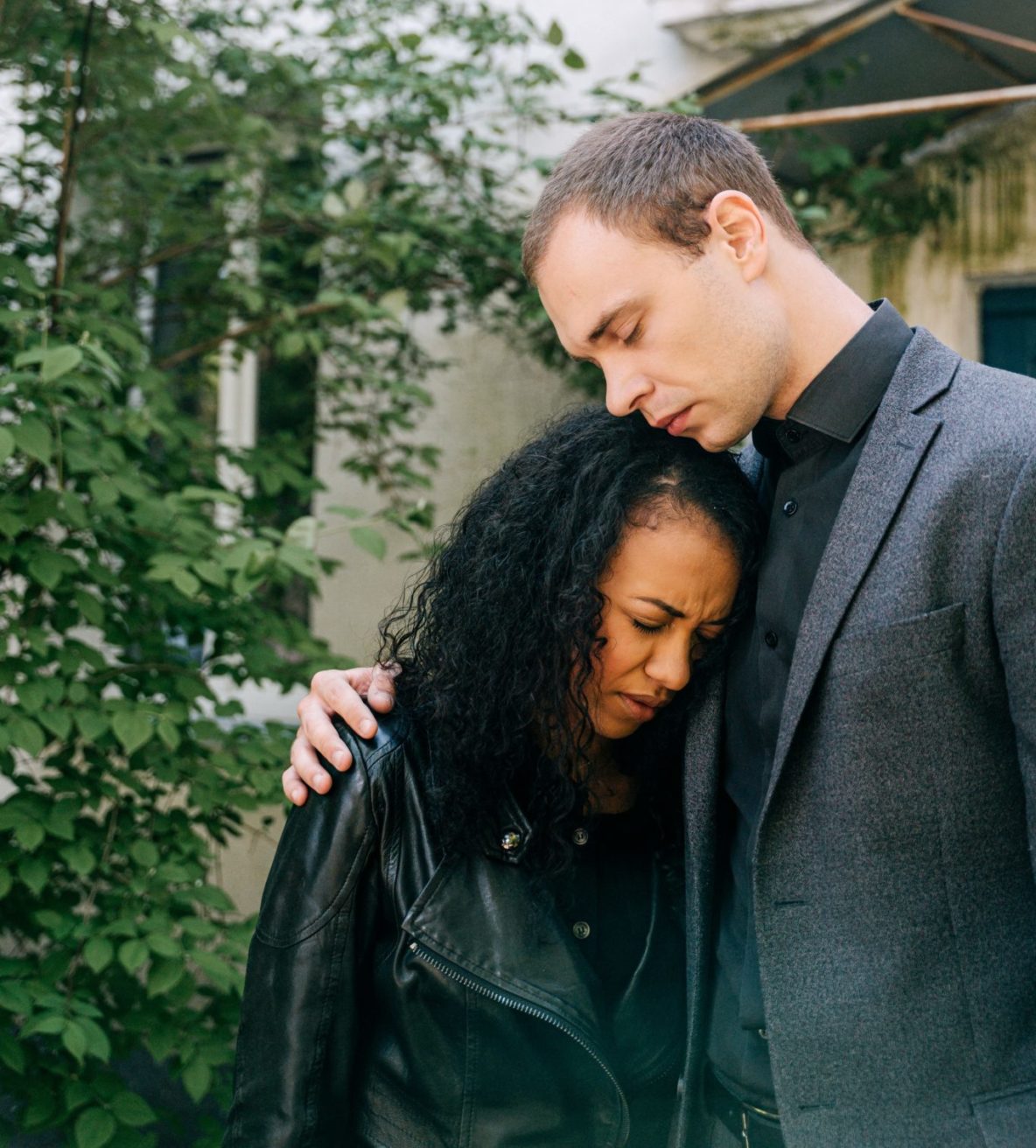Loss is something we all have to go through at some time in our life, whether it’s our family pet, a parent, a spouse, a friend or our child. While we have no control over it we have to find a way to get through it.
One of the difficult things about grief is that it’s like a fingerprint and unique to each person. Until you go through it there is no way of knowing exactly what it will feel like or what will help you move forward. What is common in grief is that most people we talk to feel like they are doing it wrong or that they are weak because they’re struggling to cope with their loss. Even people with excellent coping skills may be brought to their knees by grief. It is for these reasons that we wanted to share some truths about grief we have learned through work with hundreds of people. We hope these truths may help you to know that you are not alone.
- Grief is messy- Often those grieving feel that they are “a mess” but in truth grief is messy and it is ok to not be ok while you are coping with the loss of a loved one. Despite early interpretations of grief theories, people do not go directly from one stage of grief to the next. They may experience all of the stages over time or many of them in one day. Living with grief is not a linear process. It can feel messy and uncomfortable and there is no way to predict what to expect next. It may feel impossible to accept the reality that your loved one is gone, and this may feel unbearable at times. People have described grief as feeling like being
on a roller coaster and developing strategies that ground you can help you through the process. - Grief is exhausting- Although people often recognize grief as an emotional response to loss, grief also has psychological, physical, cognitive, spiritual, social and behavioural aspects. When someone is dealing with grief their body, mind and spirit are actively engaged in processing their loss. Often those dealing with grief underestimate the toll it takes on them and they question why they don’t have the capacity to function at their normal level. It is important for those grieving to listen to their grief as well as their body and slow down to take care of themselves and rest when they need to.
- Some people don’t cry- Many people have expectations about what their grief should look like. For example, that their grief should include crying. While often people do cry, and this is a very healthy outlet for grief, this is not the case for everyone. Sometimes people judge themselves for not having the emotional response they were expecting and it is important to know that we are all unique and there is no right way to grieve. The amount of crying one does, does not equal how much one cared about their loved one.
- You can’t organize or distract your way through grief- One coping strategy that many people use to deal with their grief is “keeping busy.” This approach can be very effective however it is also important to take the opportunity to “sit with your grief.” Connecting with others, engaging in productive tasks and participating in activities are all healthy ways to cope with loss, however it is essential to find balance and allow oneself time to feel emotions and acknowledge them for healing.
- Grief is not something you just do and be done with it- Grief is difficult in every way and often people ask when they will be “through it” or “over it.” The truth is, grief lasts a lifetime, as we carry our loved ones and their memories with us for as long as we live. However, the pain of grief can change over time as people integrate their loss into their life and learn to adapt and use strategies that help them to cope when grief shows up.

